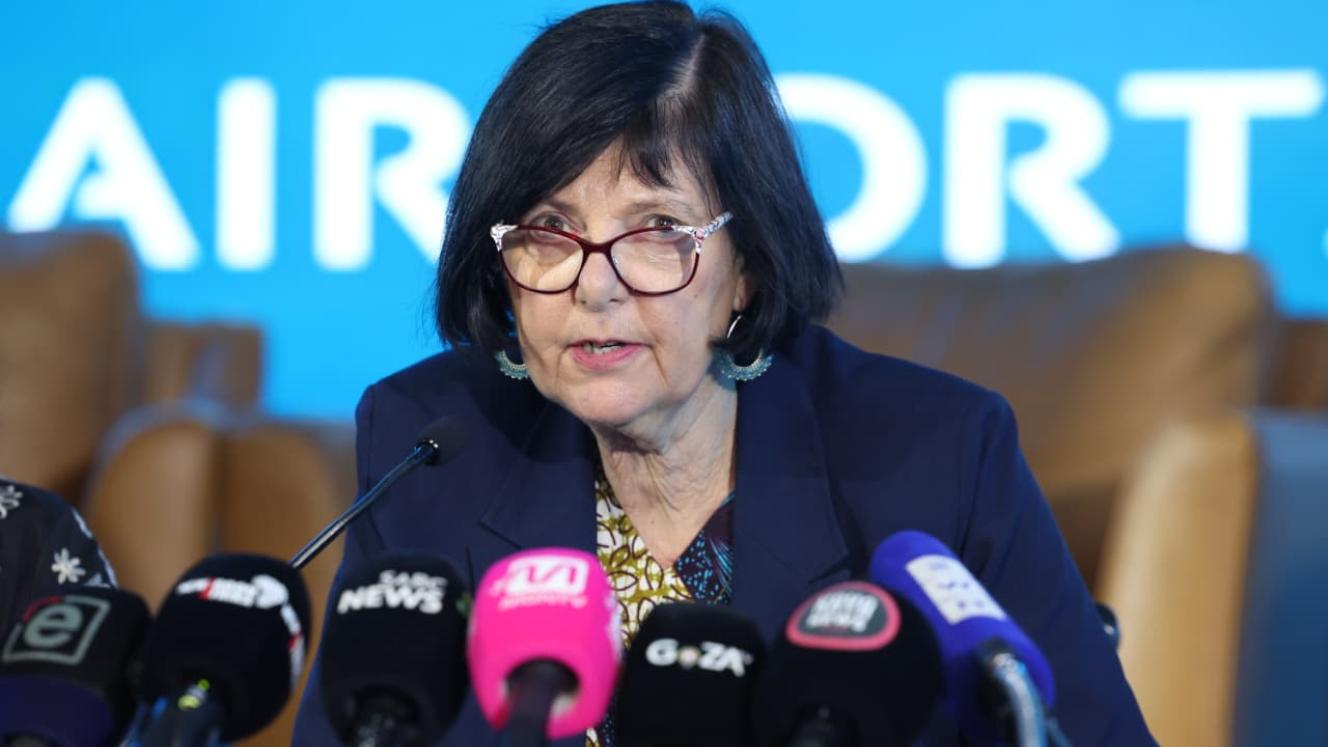South Africa’s aviation authorities have confirmed that the country’s major airports and VIP facilities are fully primed to host the G20 Leaders’ Summit this weekend, with jet fuel reserves bolstered to 54 million litres and multiple redundancy measures in place to counter any external disruptions.
Speaking at a media briefing this week, Transport Minister Barbara Creecy said airports had completed all critical preparations to meet the rigorous standards expected for the event.
The announcement follows two recent power outages at OR Tambo International Airport on November 11 and 16 triggered by upstream Eskom failures that knocked out both primary feeders from Isando and Kempton Park. Despite the wide-area blackout affecting Ekurhuleni, Creecy stressed said airport operations had never faltered.
“The airport immediately transitioned to its back-up power systems, including generators and uninterruptible power supplies, ensuring that critical terminal, airside, western precinct, and cargo activities continued without compromise,” she said.
“Our contingency systems responded exactly as designed, maintaining safety and operational continuity throughout the disruption.”
Airports Company South Africa (Acsa) and Air Traffic and Navigation Services (ATNS) have since reinforced resilience protocols.
“These events have further strengthened the airport’s state of readiness,” Creecy said.
Jet fuel security – a critical concern for freight and charter operators – has been ring-fenced.
Acsa confirmed that national reserves stood at 54 million litres, supported by diversified supply chains at OR Tambo, Lanseria, Fireblade Terminal and other designated ports of entry.
A successful dry run on October 25 and the activation of Venue Operational Centres have locked in coordination between Acsa, ATNS, SACAA, SAA and security agencies.
Temporary airspace restrictions over November 22-23 will secure VIP movements without disrupting scheduled commercial or cargo flights, while increased staffing and 24-hour technical oversight of communication, navigation and surveillance systems guarantee continuity.
“With all ports of entry and the broader aviation system fully prepared, equipped, and ready, we look forward to delivering a safe, secure, and world-class hosting,” Creecy said.













